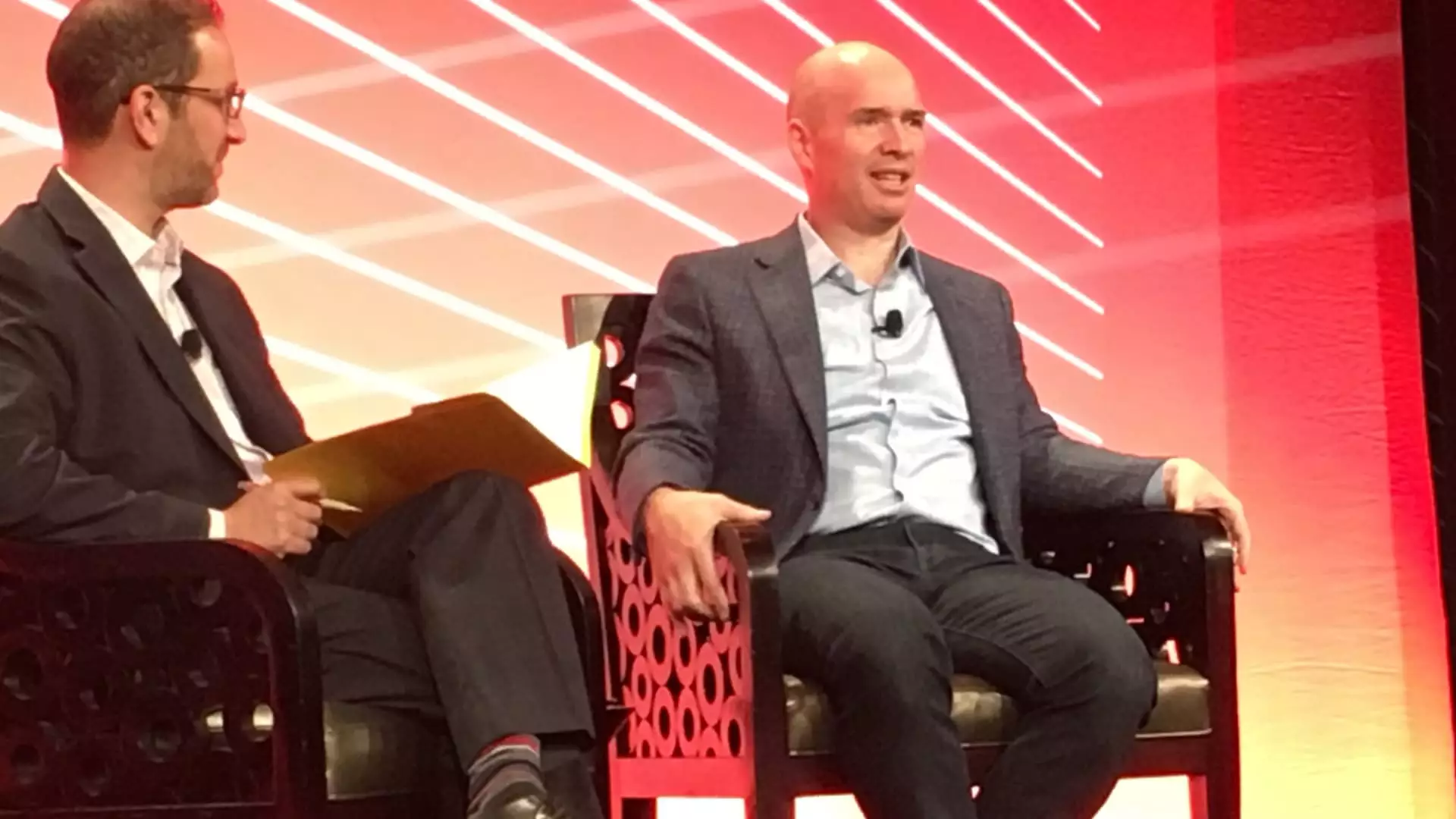Venture capitalist Ben Horowitz has recently made headlines with a surprising shift in his political contributions. After previously expressing support for Donald Trump’s presidential campaign, Horowitz has now announced a substantial donation to Vice President Kamala Harris’s election efforts. This decision, confirmed by CNBC, underscores the complexities of political loyalty among influential investors in Silicon Valley. The announcement was made via a letter to employees at Horowitz’s firm, Andreessen Horowitz, revealing both his and his wife Felicia’s longstanding friendship with Harris.
Such changes in political alignment are not uncommon in the high-stakes world of venture capital, where relationships and strategic interests oftentimes dictate endorsements and financial support. In a letter to his team, Horowitz emphasized the depth of his relationship with Harris, noting, “Felicia and I have known Vice President Harris for over 10 years and she has been a great friend to both of us during that time.” This sentiment suggests that personal connections can override previous political endorsements, reflecting a dynamic terrain where allegiance can shift dramatically based on circumstances and personal relationships.
The decision to back Harris raises questions about the motivations behind such political donations and the broader implications for the tech community. Horowitz’s firm has traditionally positioned itself as a defender of “Little Tech,” a term they coined to describe a niche within the start-up environment seeking more favorable regulatory conditions. The contrasting nature of his support for Trump’s campaign—rooted in a belief in better policies for “little tech”—suggests that strategic considerations play a central role in determining where financial backing is allocated.
Interestingly, while Horowitz and fellow founder Marc Andreessen have been explicitly critical of the Biden administration’s approach to startups and cryptocurrency, their philanthropic gestures speak of a more nuanced political strategy. The rhetoric surrounding their contributions hints at a calculated positioning within the highly competitive tech ecosystem, where maintaining good relationships with influential figures like Harris could serve to gain leverage in future policy discussions.
Horowitz’s pivot to support Harris indicates a broader trend among Silicon Valley investors, who often find themselves caught between competing political narratives. The landscape is characterized by a myriad of viewpoints, often polarized, yet deeply interconnected through shared interests in technology and innovation. The venture capital community has been known for its diverse political affiliations, which can complicate the narrative as individuals align with candidates who best represent their values, ambitions, or business interests at any given time.
This latest development signifies not only the complexities inherent in individual political donations but also highlights the effects of personal relationships in the political arena. As the 2024 election approaches, the positioning of influential tech leaders will likely continue to shift, driven by personal connections and the evolving economic landscape. Observers should therefore remain vigilant, as these contributions may indicate underlying trends that could shape the future of technology regulation and investment strategy in the United States.
Horowitz’s recent donation underscores the intricate interplay of personal relationships and political strategy in the realm of venture capital. As these dynamics continue to unfold, it will be critical to monitor how they might influence both the tech industry and the regulatory landscape going forward.


Leave a Reply